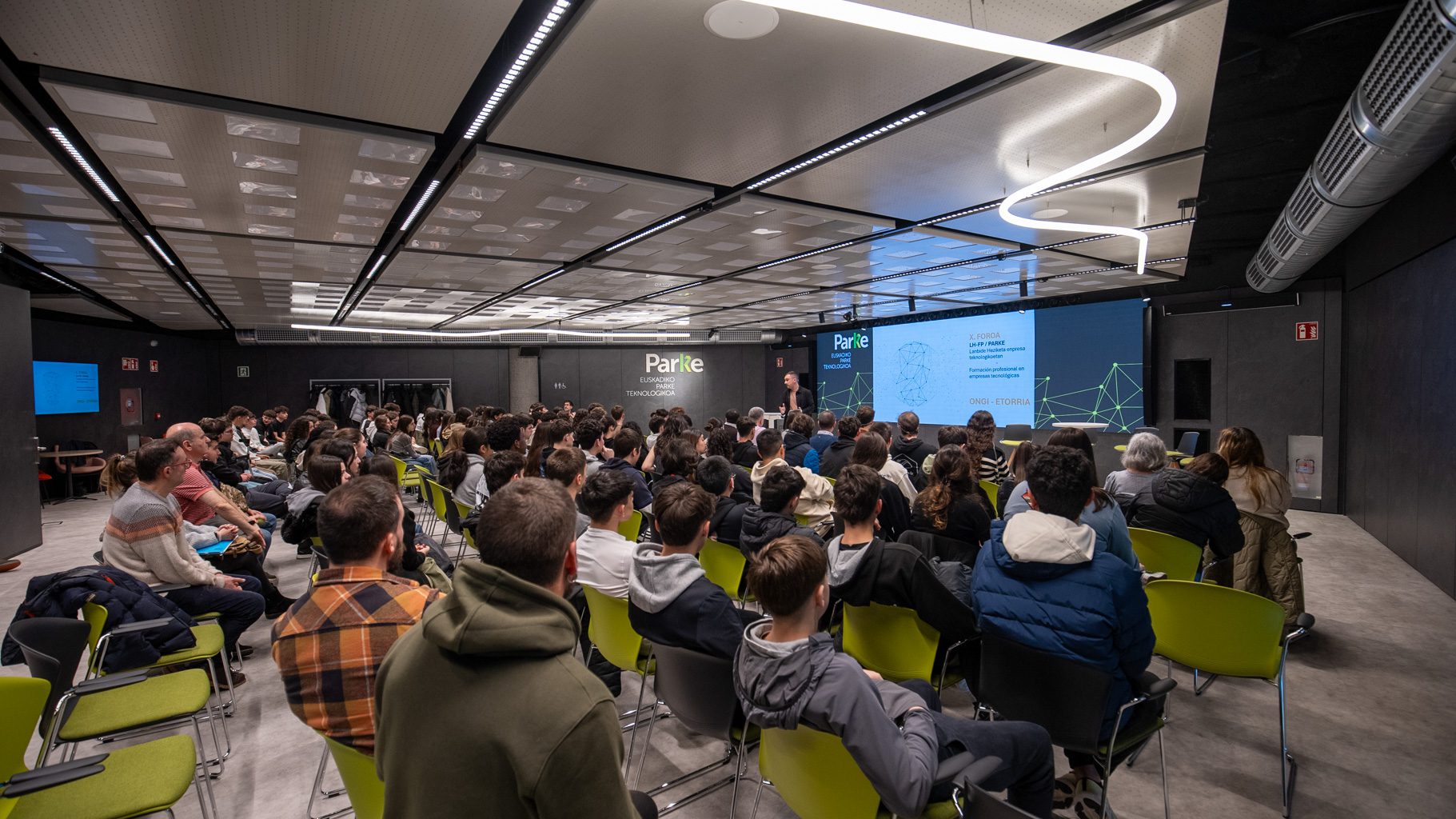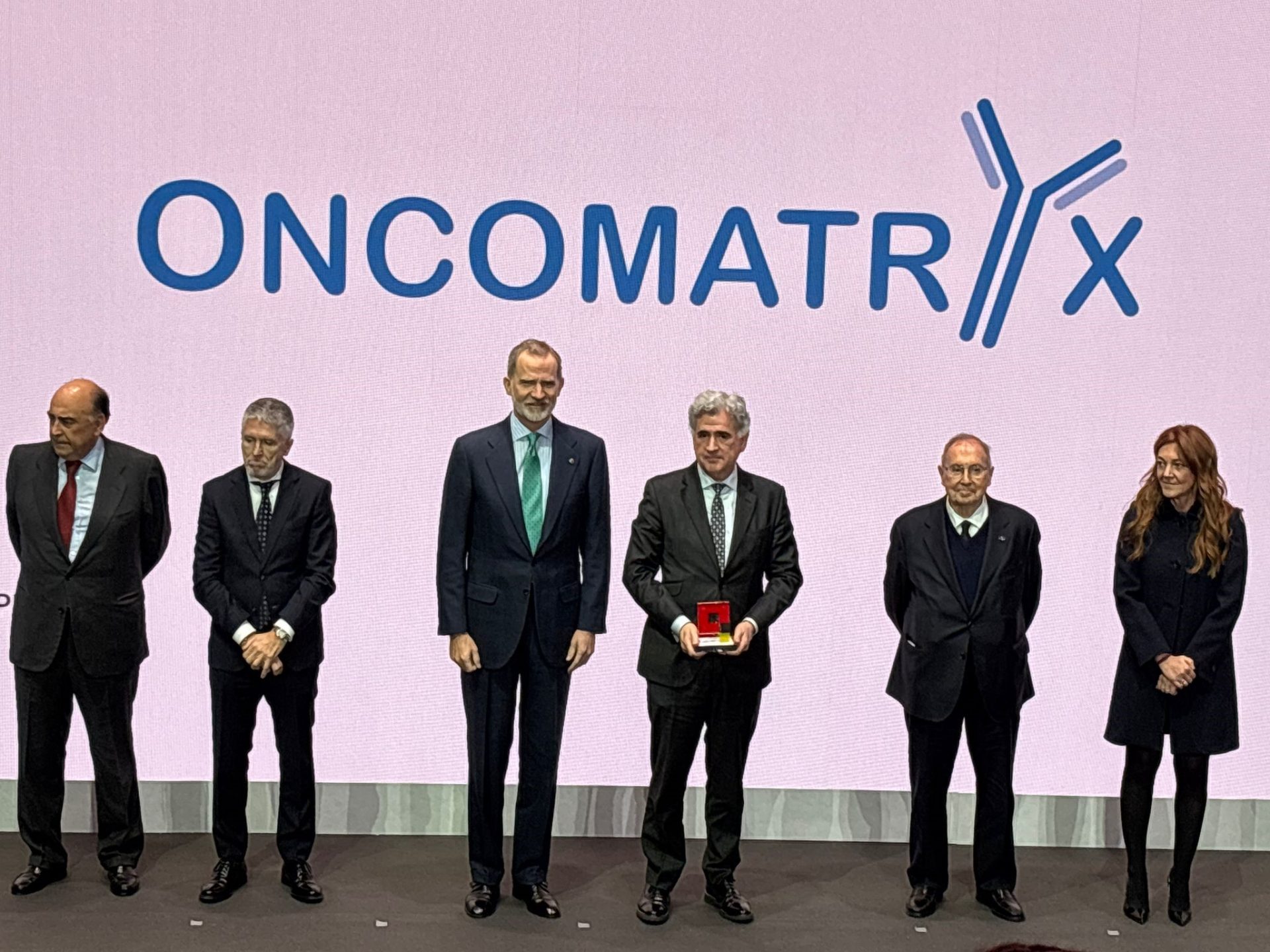Machine tools call for closing ranks around the industry

In a year of uneven activity and recruitment, turnover grew by 1.66%, setting a new record, while orders fell by 23.11%.
European weakness and indecision is a cause for concern, in the face of strong protectionism in China and the United States.
The advanced manufacturing and machine tool sector has reached a turnover figure of 2,193.11 million euros in 2024, an increase of 1.66% on the 2023 data, which leads to a new record. Despite a very complicated economic and commercial outlook, the strong order book accumulated throughout 2022 and 2023 has allowed it to maintain turnover slightly above 2023. The two main sub-sectors, starting and forming, have behaved in a similar way in terms of turnover, with an increase of 1.33% in starting and 1.62% in forming.
Exports grew by 1.73%, reaching 1,639.73 million euros, the best figure in history. In this case, start-up showed a positive performance, growing by 1.41%, while deformation fell by 5.16%.
The main destinations of our foreign sales were: Mexico, United States, China, Germany and Italy. They were followed by France, Portugal, Turkey, India and the United Kingdom. It is worth highlighting the first position of Mexico, which for the first time is at the head of exports, doubling the figure for 2023. The United States also presents a very high figure with a growth of 8% over the figure for 2023. China has grown by 25% compared to 2023, although these exports are a mirage that does not hide the slump in orders in the country. Germany, in fourth place, has maintained its figure practically unchanged (+1%) and Italy, in fifth place, is the country with the biggest fall, losing more than half of the figure achieved in 2023. It is worth remembering that the country is coming from years of enormous activity thanks to the productive investment incentive programmes promoted by its government.
This ranking reflects well how North America, with Mexico and the USA, have made up for the weakness that, for different reasons, both Europe and Asia have shown.
ORDERS 2024 AND FORECAST 2025
Orders booked in 2024 have fallen by 23.11% compared to those received in 2023, after two years of strong increases. In the domestic market, the drop is 45%, while in export markets they have fallen by 20%. If we analyse the two main sub-sectors, start-up has held up somewhat better, although it has fallen by 8.8%, with deformation suffering a sharp drop of 40.8%.
In the case of orders, the USA stands out in first place, followed by Saudi Arabia with a very relevant figure, although due to a singular operation, Germany, Mexico and Italy. China, Turkey, Canada, France and the United Kingdom complete the list of the top ten purchasing countries.
Xabier Ortueta, Managing Director of AFM Cluster: ‘The dynamics of orders in the last 12 months has led to a decrease in the portfolio, and this means that we also foresee a significant, although not dramatic, drop in turnover at the end of the year. Of concern is the impasse in automotive investments (closely linked to our deformation sub-sector), plus the state of our main markets, which currently only augurs a very difficult year and a further decline in uptake also in 2025. The weakness of Europe (especially Germany, France and Italy), protectionism in China and uncertainty in the USA are factors against which a sector as crisis-ridden as ours will have to fight resolutely.
On the positive side of the balance, the good performance of some sectors such as aerospace, rail, defence and some branches of power generation will continue to present opportunities in a very complex and competitive scenario. As always, we will surely be able to take advantage of them.
DEFENCE OF EUROPEAN INDUSTRY
The advanced manufacturing and machine tool cluster warns of the crossroads at which we Europeans find ourselves and of the need to turn the tide in order to recover the leadership lost by our industry.
José Pérez Berdud, President of AFM Cluster: ‘We are undoubtedly at a critical moment for the future of European production. Europe’s industrial weakness, largely caused by our own decisions, is very worrying. Many years ago we opted to hand over the baton in various sectors that have proved crucial today, relocating their manufacturing or outsourcing resources, and strengthening the recipient economies (electronics, microelectronics and semiconductors, energy storage, defence, etc.). In addition, the necessary commitment to sustainability has led us to take some decisions that have proved to be hasty, and in which the consequences have not been well calculated. A clear example of this is the loss, in part, of our prominent position in the automotive world.
Today we find that, in the face of our fragility, the other blocs, China, the US and even India, have greatly strengthened their positions. Fierce and increasing competition in all markets is going to be the
We must continue to invest and take risks in order to innovate and offer a differential to our customers.
Europe must ask itself whether it has a real interest in leading the world. Or perhaps it is at least time to take the necessary steps to put us back in the driver’s seat of our own future. A big part of these decisions is to protect our viable industry: respecting our values, always upholding fair trade, real competitiveness and sustainability, we must invest in modern production equipment, encourage smart sourcing of our excellent products at home, and favour strong industrial positions in critical sectors. Some of these have already been mentioned, and machine tools are certainly one of them.
In this sense, we value very positively the first step taken by the Basque Government with the Industrial Defence Action Group and we ask that initiatives such as this one are also scaled up at national and European level’.




